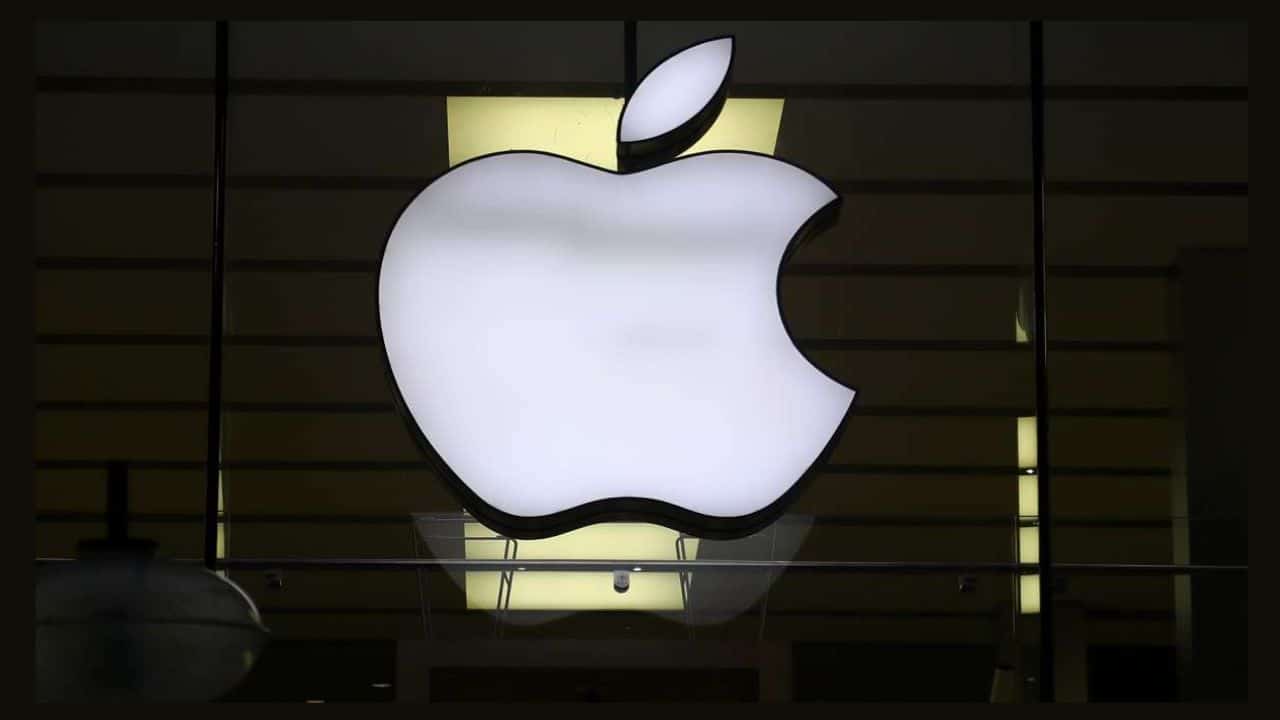Listen to the Podcast:
Brexit refers to the United Kingdom’s exit from the European Union (EU) on January 31, 2020, after a referendum held in 2016 in which 51.9% of voters chose to leave the EU. Since then, the UK has been in a transition period, and the full impact of Brexit is still being felt across different sectors, including the entertainment industry.
The British entertainment industry is a crucial part of the country’s economy, comprising a diverse range of sectors such as film, television, music, gaming, and theater. The industry generates billions of pounds in revenue annually and employs hundreds of thousands of people. British entertainment has a global reach and is renowned for its creativity, innovation, and excellence, with iconic figures such as The Beatles, James Bond, and Harry Potter known worldwide. The industry has played a significant role in the UK’s soft power and cultural influence, and Brexit has brought about various challenges and opportunities that could affect the industry’s future.
Effects of Brexit on the British Entertainment Industry
Brexit has presented several challenges to the British entertainment industry. One of the primary challenges is the uncertainty around future access to the EU market, which is one of the biggest markets for British entertainment. Brexit has created trade barriers, such as customs checks, that can delay productions, increase costs, and impact the ease of doing business.
Another challenge is the loss of access to EU funding. British entertainment has benefited from several EU funding schemes, such as Creative Europe and the European Regional Development Fund, which have supported projects and helped the industry to grow. The loss of this funding could impact the industry’s ability to produce new content and invest in innovation.
Brexit has had a significant impact on the entertainment industry’s workforce. Many individuals in the industry, including actors, musicians, and crew members, are from EU member states, and Brexit has made it harder for them to work in the UK. The introduction of visa and work permit requirements, coupled with uncertainty around future immigration policies, has made it more challenging for EU workers to secure work in the UK.
The loss of EU workers could also impact the industry’s diversity and talent pool. The entertainment industry has benefited from a diverse workforce, with individuals from different EU member states bringing unique perspectives and skills to the industry. The loss of this talent could affect the quality and range of British entertainment.
Brexit has had financial implications for the British entertainment industry. The fall in the pound’s value has made it more expensive to produce content and to pay for imports, such as film equipment and props. The loss of EU funding and access to the EU market could also impact the industry’s revenue streams, particularly for smaller businesses and independent producers who rely on EU funding and exports.
Brexit has also created uncertainty around future tax policies, copyright laws, and intellectual property rights. These factors could impact the industry’s ability to invest in new projects and to generate revenue, potentially leading to a decline in the industry’s growth and competitiveness.
Potential Effects of the Reversal of Brexit
If Brexit were to be reversed, the British entertainment industry could potentially regain access to EU funding. EU funding has played a crucial role in supporting projects and enabling the industry to grow. The resumption of EU funding could help to offset the financial losses experienced due to Brexit, particularly for smaller businesses and independent producers. Additionally, the availability of EU funding could also encourage more collaborations between British and EU-based companies.
The decision to leave the European Union (EU) through Brexit has had significant implications for the UK’s economy, politics, and social climate. The potential reversal of Brexit could also have profound effects on various sectors, including the online casino industry. One of the most significant effects of Brexit on the online casino industry has been the restrictions on international trade and commerce. Many UK-based online casinos faced challenges in operating in EU countries due to regulatory and legal barriers.
However, if Brexit is reversed, these sites could have greater access to the EU market, which could lead to significant growth opportunities. Moreover, the reversal of Brexit could lead to a more stable economic climate in the UK, which could also benefit the online casino industry. A more robust economy could lead to increased disposable income for individuals, which could result in more spending on online casinos. Additionally, a stable economy could lead to increased investor confidence, which could lead to more significant investments in the online casino industry.
Furthermore, the reversal of Brexit could lead to greater regulatory alignment with the EU. This could lead to more standardized regulations across the online casino industry, making it easier for UK-based online casinos to operate in the EU market. Additionally, this could lead to more robust consumer protections, which could help to build trust and confidence in the online casino industry.
Analysis of the Reversal of Brexit on the Entertainment Industry
The decision of the United Kingdom to leave the European Union in 2016, known as Brexit, had a significant impact on various industries in the country, including the entertainment industry. The decision to reverse Brexit would also have an impact on the entertainment industry, although the extent of this impact is uncertain at this time.
One of the most significant impacts of Brexit on the entertainment industry was the loss of access to the EU market for UK artists and performers. Prior to Brexit, UK artists could tour and perform in EU countries without needing visas or work permits, thanks to the freedom of movement provided by EU membership. However, after Brexit, UK artists are subject to different rules, which can make it more difficult and expensive for them to tour and perform in EU countries. This has led to concerns that UK artists may face difficulties booking shows and reaching audiences in the EU, which could have a negative impact on their careers.
If Brexit is reversed, UK artists would regain access to the EU market, which would be a significant boost to the entertainment industry. However, it is important to note that there may still be some changes to the way that UK artists can tour and perform in the EU, as the EU may have different rules and regulations regarding visas and work permits.
Another impact of Brexit on the entertainment industry has been the loss of funding from EU cultural programmes, such as the Creative Europe programme, which provided funding for arts and culture projects in the UK. This loss of funding has had a significant impact on the ability of UK artists and cultural organizations to fund their work and reach audiences in the EU.
If Brexit is reversed, the UK would regain access to these funding programmes, which would be a significant boost to the entertainment industry. However, it is important to note that there may be some changes to the way that these programmes operate, as the UK would no longer be an EU member state.
In conclusion, the reversal of Brexit would have a significant impact on the entertainment industry, particularly in terms of the ability of UK artists to tour and perform in the EU and the availability of funding for arts and culture projects. However, the extent of this impact is uncertain at this time and would depend on the specific terms of the UK’s re-entry into the EU, if this were to occur.
Conclusion
The potential impact of the reversal of Brexit on the entertainment industry is uncertain, and it depends on various factors, including the terms of the UK’s re-entry into the EU, the timeline for re-entry, and the impact of Brexit on the broader economy.
It is worth noting that the entertainment industry is just one of many sectors that have been affected by Brexit. The decision to leave the EU has had a significant impact on trade, travel, and immigration policies, among other areas. The reversal of Brexit would require significant negotiations and policy changes, which could take years to implement fully.
In addition, the decision to reverse Brexit would also need to be approved by the UK government and the EU. At this point, it is unclear whether there is sufficient political will to pursue a reversal of Brexit, and it remains a highly divisive issue in the UK.
Overall, while the reversal of Brexit could have a positive impact on the entertainment industry, it is important to acknowledge that the impact would be complex and multifaceted. The industry would likely benefit from improved access to the EU market and cultural funding programmes, but it would also need to adapt to new policies and regulations that could emerge as a result of the UK’s re-entry into the EU.








































